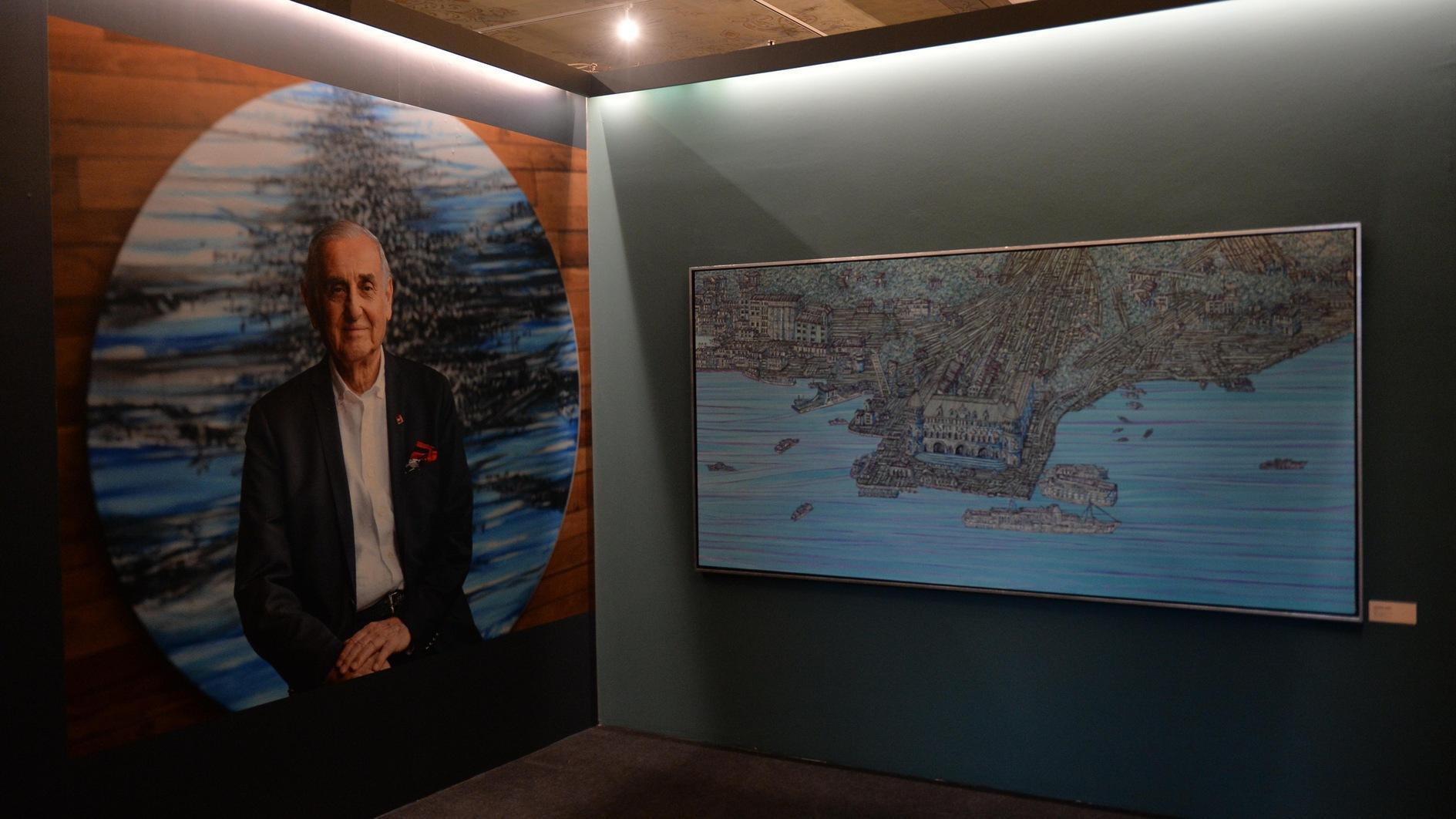The Germany we like
I spent the weekend in Berlin with my wife. It is a lovely time of the year to do this when the city is enjoying spring and reveling in all its glory. We were also impressed by the “Diversity Destroyed” exhibition across town, depicting life in the city before and after 1933. Berlin today is strewn with posters of the victims of that era, with brief accounts of their lives and ordeals. It is an honest look at past misdeeds and Turkey can learn much from it.
One could not help feeling, however, that it must be an embarrassing coincidence for Germans that the trial in Munich of Beate Zschaepe should have started at this time. The 38-year-old woman is accused of being part of the National Socialist Underground (NSU) that murdered 10 people – eight Turks, one Greek and one German – over a period of seven years. Germany’s Turkish minority is transfixed by the trial, which is already evoking references to the Nazi era.
Chancellor Angela Merkel’s government has also had to cope with embarrassing revelations, amounting to criminal negligence by the German security apparatus, which show that some off the murders might have been prevented. These revelations have already resulted in high-level resignations.
Meanwhile, the manner in which the court hearing the case handled the accreditation of seats for the Turkish media and the Turkish ambassador also generated resentment among Turks. Faruk Sen, the former director of the Essen-based Turkish Research Center, contrasted this treatment with the way access was facilitated to the German media and officials during the “Marco Case” in 2007.
Marco is a German male who was 17 years old when he was arrested, jailed and put on trial in Antalya after being accused by a British family of raping their 13-year-old daughter in Side. The German media was rife with headlines at the time reading “Teen sex case puts Turkey’s judicial system in spotlight.”
The spotlight is on the German legal system now, and the Merkel government as well as the German media must not underestimate the potential for damage this trial can cause. Important German journalists have come out in full support of their Turkish colleagues, whose access to the court was limited. This should set the standard to be pursued by the rest of Germany, which is faced with a potentially explosive “Rodney King” type of social situation.
Turkey has major responsibilities, too. Sen, who was answering questions on Tuesday for the conservative Turkish TGRT channel, was also highly critical of Ankara’s neglect of the Turks in Germany. He accused Foreign Minister Ahmet Davutoğlu of passivity and failing to speak out for the rights of the Turks whose family members were murdered by a neo-Nazi gang.
There are too many Turks in Germany with problems involving xenophobia-driven alienation and dispossession leading to the sociologically inevitable criminal situations that anger Germans. This can result in major headaches for that country, Turkey, and Turks in other parts of a Europe that is already tense because of immigration issues involving the Islamic world.
Ankara also needs to develop policies aimed at speeding up the integration of Turks in Germany so they can behave according to the accepted norms of the country they have chosen to live in without loosing their cultural identity. Education is part of the key here.
The Turkish media also has responsibilities which are perhaps the most important of all. It should not inflame the situation with profit-driven sensationalism but try and contribute to cross-cultural understanding.
Coming back to Berlin, the concept of “persecution” is ever-present in the city, a fact reflected in a large number of monuments, place names, and never-ending exhibitions, not to mention the Jewish Museum and Holocaust memorial. People are constantly reminded of what should not happen again.
But once you turn your head away from all that, you also see a city that is still emerging as one of the most beautiful in Europe and that is full of humanity, youthful energy, culture, history and art. This is the Germany we like.











